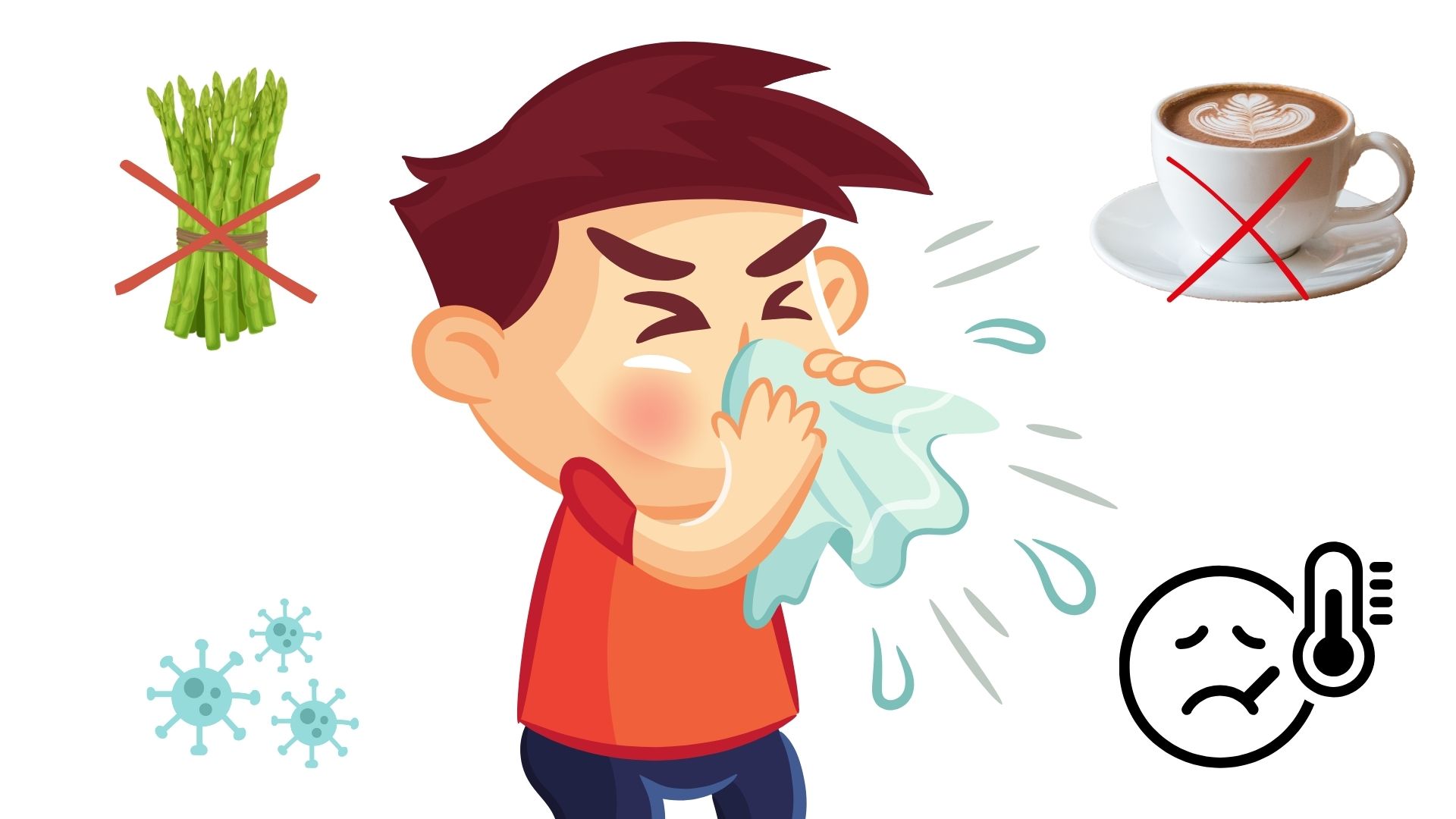
Here are some foods to avoid to prevent colds and flu during the changing seasons, shared by Dr. G. Prakash - Deputy Director of Medicine, Jindal Naturecure Institute (Bangalore, India).
Asparagus
Although asparagus is a nutritious vegetable, it should not be eaten in winter because the quality and nutritional content can be reduced, and can even be harmful to the body.
Drinks containing caffeine
Coffee, energy drinks or caffeinated drinks all have a mild diuretic effect, easily causing dehydration. At the same time, they can dry the throat and increase mucus secretion, making nasal congestion and shortness of breath worse when you have respiratory diseases.
Fried foods
Fried foods are high in saturated fat and are difficult to digest. Although attractive on cold days, overusing can lead to bloating, diarrhea and weaken the immune system. Therefore, this food should be limited during the changing seasons.
Berries
kumquat, strawberries or raspberries are often not grown naturally in winter. Therefore, the products on sale this season are often low in nutrients or have been treated and preserved. Consuming unseasonal berries may not bring the expected health benefits.
Dairy products
Cheese, yogurt, ice cream or fresh milk are foods that easily increase mucus secretion, making cold symptoms worse. In addition, milk can also cause indigestion for some people during the cold season. Therefore, dairy products should be limited or completely avoided during the transitional season.











